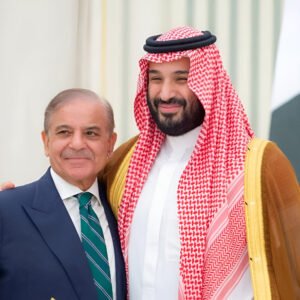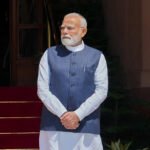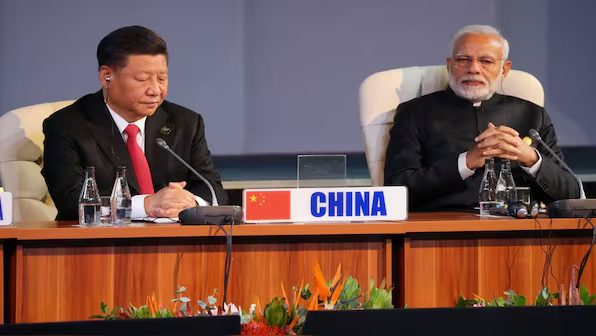
Modi’s Upcoming Visit to China: First SCO China Meeting After Ladakh Standoff
India’s Head of Government, Prime Minister Modi, will travel to China for a noteworthy visit from August 31 to September 1, 2025, where he will attend the Shanghai Cooperation Organization (SCO) summit in Tianjin. It’s worth noting that it will be Modi’s first visit to China since the Galwan Valley skirmish in 2020, which was a watershed moment in Sino-Indian relations. The trip is significant from a diplomatic perspective and is being examined not just by neighbors but by the entire international community.
India and China are two continental neighbors that have, for a long time, been on a slow-burning simmer, with relations being a mix of cooperation and strategic rivalry with skirmishes in Ladakh in 2020. Western leaders have not seen Modi-Xi exchanges after 2019, as they attended the BRICS summit in Kazan in 2024. Rebalancing Indo-Chino relations is also a major focus in the upcoming SCO summit.
SCO Summit China 2025: Expectations
The 25th Head of State Council Meeting of the Organization is the SCO Summit 2025, which will be held in Tianjin. It is the 5th time China is chairing this gathering. China has set the theme of “Upholding the Shanghai Spirit: SCO on the Move,” which underscores political, security, economic, and cultural cooperation among member states. Attendees will include heads of state of member countries, also including Russia, Pakistan, Kazakhstan, Uzbekistan, Kyrgyzstan, Tajikistan, Iran, and Belarus, among others.
China has been hoping for active participation from India, which has been sidelined in recent geopolitical redirections such as the US-India dispute, marked by the Trump administration’s tariff threats.
Main Issues: Security, Trade, and Stability of the Region
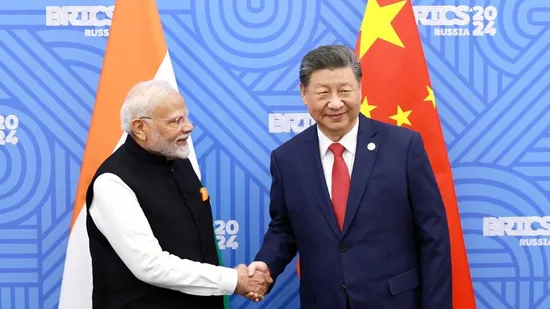
This year’s summit will likely focus on:
- Combating Regional Security Issues and Terrorism: Security cooperation has always been one of the top priorities of the SCO. In the run-up to the summit, India’s Defence Minister and the National Security Advisor attended important SCO meetings in China, where they met with peers on counterterrorism and regional defense collaboration.
- Economy and Trade: The summit occurs at a moment when members need to address the economic disruptions, intra-trade block barriers, and new tariffs—especially emanating from the US— targeting intra-SCO trade and resilient supply chain construction for intra-SCO trade.
- Diplomatic meetings on the sidelines: Modi and Xi are poised to have a bilateral meeting, and it will be interesting to see both leaders assess measures for disengagement along the LAC and the future of India-China relations. Other expected meetings are with President Putin and some other regional players.
Diplomatic Calculus: The Reset in Relations Between India and China
Modi’s trip has been interpreted by many as an attempt towards a cautious diplomatic reset. Over the past year, diplomatic engagement has ramped up with troop disengagement at some friction points and high-level meetings resuming. This, of course, is a minimal positive sign of thawing icy relations. The visit also comes alongside China’s formal invitation as well as a number of ministerial meetings, which show willingness from both sides towards rebalancing the relationship within a multilateral and regional context.
Implications for Regional and Global Geopolitics
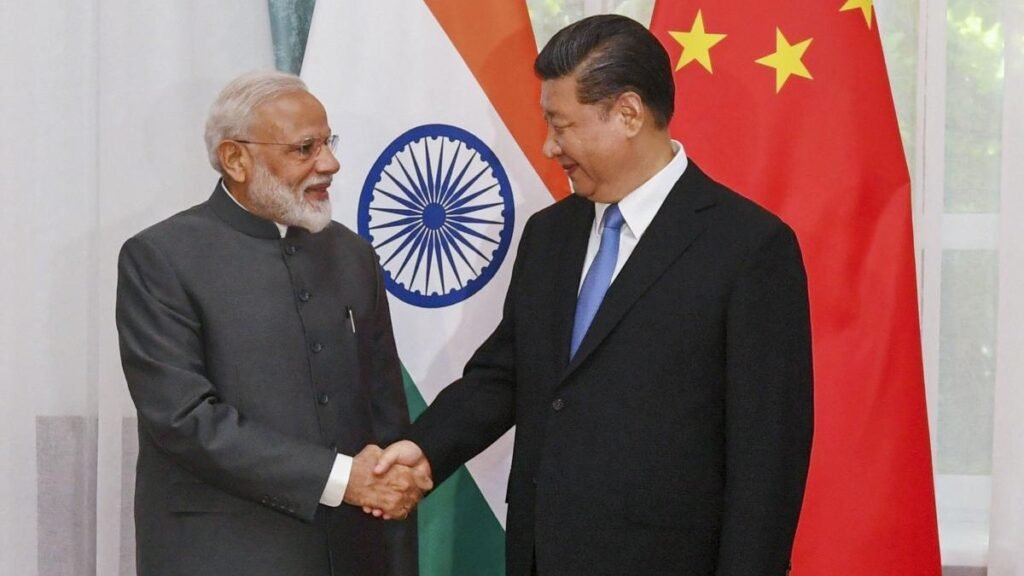
The timing of the PM Modi-China visit comes alongside external streams of pressure, including the Russia-Ukraine war, causing Indian and Chinese rivals to find a middle ground. Additionally, the Indian government has been re-evaluating its alliance and economic relations due to the US tariffs as well as Russia’s energy exports. Thus, China and India attending the SCO summit is their way of showcasing a willing commitment towards a multipolar Asia and their belief in multilateral institutions, which in turn resonates beyond Asia and into the global diplomatic stage.
Conclusion: After the SCO Summit
Modi attending the SCO in China in 2025 signals a centerpiece moment in Indian foreign politics, which embodies the complexities and prospects of India-China relations after the Galwan incident. While the news ofwill be making the rounds, the results of the bilateral discussions, multilateral talks, and fresh policies formulated on area security, infrastructure connectivity, and economic partnerships will be of great consequence.
For the world’s policymakers and for local analysts, the summit in itself is not a diplomacy endeavor alone. Rather, for them the summit marks a turning moment in the history of the continent and world diplomacy.


